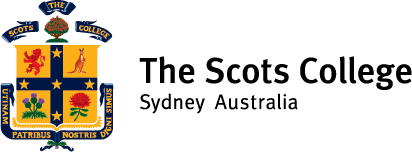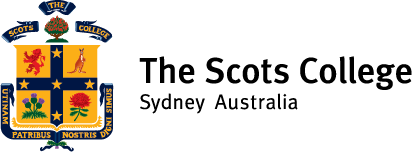We often talk about curiosity as a virtue to cultivate in young people. We want them to explore, to wonder, to question. And rightly so. But as we learnt from our 2017 Clark Fellow, Professor David Smith, ‘curiositas’, understood in the great classical and Christian traditions, is not a virtue at all. It is a vice. It is our natural desire to know, turned into a self-focused pursuit of knowledge, to sound smart, to win the day. What you really want is ‘studiositas’, the virtue of paying attention, of asking questions with a love for understanding, and debating ideas with a love for people. That is what we all mean by curiosity in the end, is it not?
Schools should be places where kids learn, yes, but also where we all pursue ‘higher learning’ – where, whatever our age or experience, we seek to become better students, to become intellectually virtuous. In last week’s newsletter we shared the research of Dr Caroline Basckin, Preparatory School Learning Enrichment Teacher, in advancing teachers’ understanding of literacy for students with disabilities. This week we highlight three teachers who are moving knowledge forward through their research degrees, and modeling ‘studiositas’ for the boys.
Mr Jeff Mann, Coordinator of Student Experience, is completing his PhD at Western Sydney University exploring the benefits of outdoor learning experiences for mid-adolescent boys. Mr Mann recently published a systematic review of research into outdoor learning in the journal Frontiers in Public Health. He led a global team of researchers, including well-known educator Pasi Sahlberg, to screen over 17,000 journal articles and fully read 150 targeted papers to identify what the research says in this field. Here is his article in full, ‘Getting Out of the Classroom and Into Nature: A Systematic Review of Nature-Specific Outdoor Learning on School Children’s Learning and Development’.
Mr Brent Wilsmore, Preparatory School Sportsmaster, is undertaking a PhD at the University of Wollongong investigating how school sport programs affect students’ motivation, performance and wellbeing. Despite the ubiquity of school sport, this is, surprisingly, a largely unstudied area. This research promises to better understand and shape the experience of thousands of students, well beyond Scots. Mr Wilsmore is soon to commence his study of all boys from Years 3 to 12 at the College, using Richard Ryan and Edward Deci’s Self-Determination Theory to explore boys’ sense of autonomy, mastery and relatedness in their sporting activities.
Mr Eric Hutchens, who joined us in Term 1 as a Senior School Music Teacher, recently undertook the oral examination of his Master of Philosophy Thesis at the University of New South Wales. This requires researchers to discuss their thesis with their examiners, responding to critiques and demonstrating their mastery of the topic. Mr Hutchens’s research thesis was entitled ‘Unaccompanied Double Bass in Jazz Composition and Performance: A Case Study of Three Works by John Patitucci’. He looked at the influences on influential jazz composer Patitucci, deduced from transcribing and analysing many of his works. Mr Hutchens also drew conclusions about how music teachers can think pedagogically about their work with students.
Congratulations to these and other staff seeking to advance knowledge and model for our students the virtue of studiositas!






